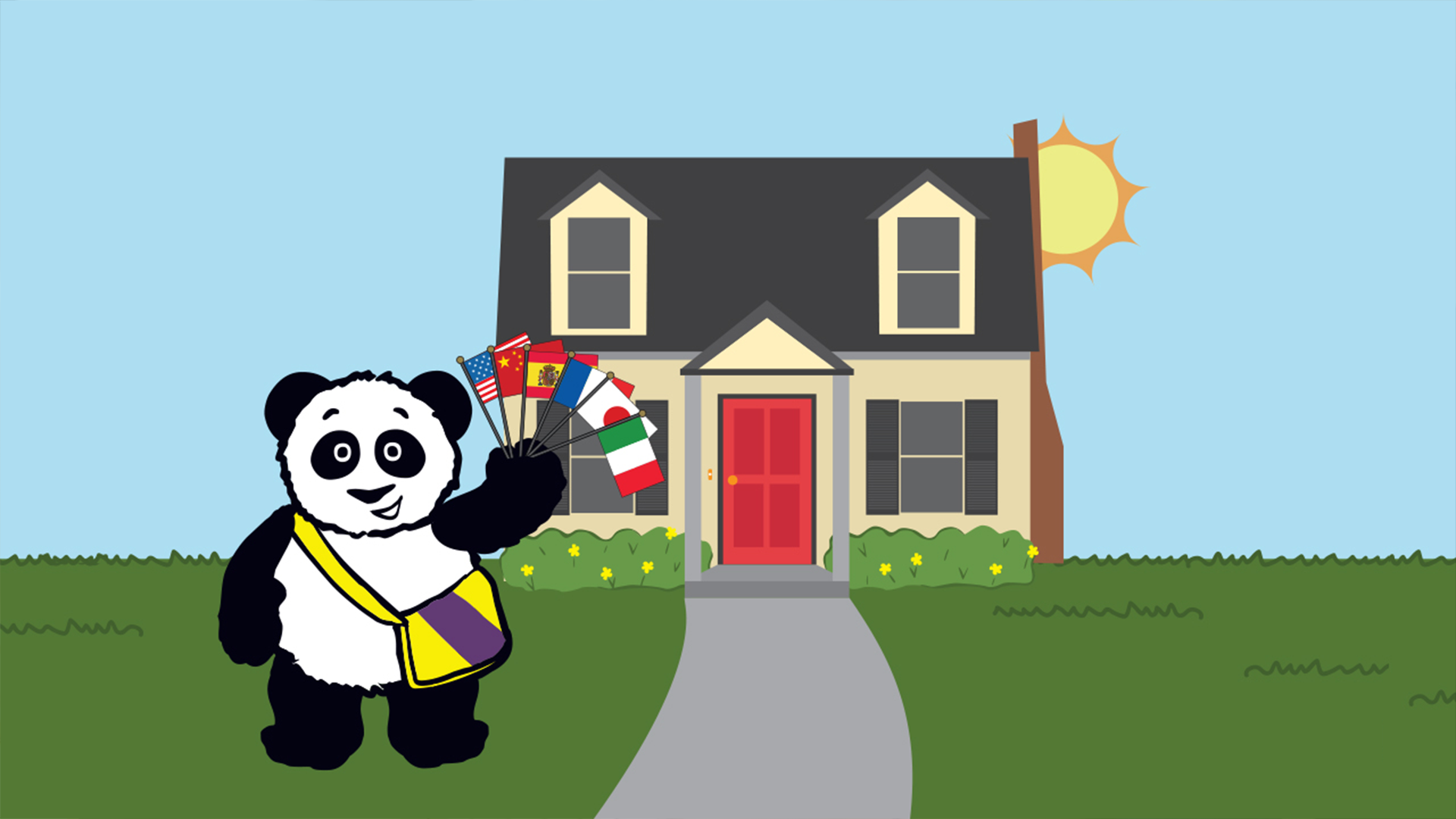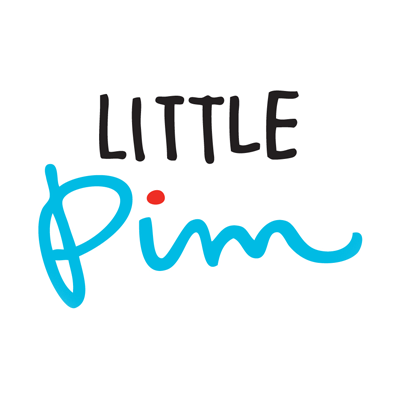
LITTLE PIM BLOG
iPads Improve Language Skills in Kids with Autism
A new study has found that using iPads can help children with autism improve their language skills, CBS News reports. In the study, 61 kids, ages 5 to 8, were given speech therapy for 6 months. Half of the children were given access to iPads, while the other half were not. All of the kids involved in the study were "minimally verbal," meaning they had a vocabulary of fewer than 20 words.
The researchers found that the children using iPads doubled the number of words in their vocabulary, compared with those who did not use the device. The kids using iPads also showed much faster improvement in their language skills during the course of the study.
Dr. Connie Kasari, a professor of human development and psychology and psychiatry at the University of California, Los Angeles who helped to conduct the study, said that children benefit from using tablets because they allow for repeated practice, and the visual stimulants encourage verbal response. Using device like an iPad can also help clarify words the child is struggling with and may even alleviate the pressure to communicate, she explained.
This latest study is particularly interesting to us at Little Pim. We've heard from many families of children with autism who have expressed how much our program helped their kids communicate better in English, their native language. Parents have told us that their children with autism are drawn to the colors and sounds of our videos and that they've improved their language skills significantly using Little Pim.
We embrace the way technology can help children learn. That's why made our immersive language program for kids available both on DVD and in digital form, so that kids can use tablets or other devices to learn languages. And our mobile apps are another great way for kids to learn languages while having fun at the same time.
If you have a child with autism, using an immersive language program like Little Pim on a tablet can be a great way for your child to improve his or her language skills. Our videos provide kids with visual and aural stimulation while encouraging feedback and repetition to help kids learn.
And if you have a child with Autism who's been helped by Little Pim, we'd love to hear from you! Email us at info@littlepim.com to share your story.
How Kids Say “Happy Mother's Day!” Around the World
We love our moms so much here at Little Pim that we wanted to find the most ways we could to tell them. We think we did a good job with our “I Love” “Mom” “Happy Mother’s Day” language guides, below. Pick a phrase or word and language and have your kids print them (help if you need to) along with their handprint or hand outline on heavy cardstock to create a one-of-a-kind Mother’s Day Card.
We bet mom will say a big Gracias, Merci,Xièxiè, Grazie, Danke, Arigatō, Shukran, Toda, Spasibo, Obrigado! (THANK YOU!)
Mother's Day Language Guide
Happy Mother's Day!
Spanish
-- ¡feliz Día de la madre!
French
-- Joyeuse Fête des Mères!
Chinese
-- Mǔqīn jié kuàilè!
Italian
-- Buona festa della mama!
German
-- Alles Gute zum Muttertag!
Japanese
-- Haha no hi omedetō!
Arabic
-- Sʻyd ʼMhāt al-Ywm
Hebrew
-- Yom ha-em same'ach!
Russian
-- S dnyom Materi!
Portuguese
-- Feliz dia das mães!
Mom
Spanish
-- Mamá
French
-- Maman
Chinese
-- Māma
Italian
-- Mamma
German
-- Mama
Japanese
-- Mama
Arabic
-- Oum / Mama
Hebrew
-- Ima
Russian
-- Mamoo
Portuguese
-- Mamãe
I love you!
Spanish
-- ¡Te amo!
French
-- Je t'aime!
Chinese
-- Wǒ ài nǐ
Italian
-- Ti amo!
German
-- Ich liebe dich
Japanese
-- Aishite iru
Arabic
-- Ana behibek (to female)
Hebrew
-- “Ani Ohev Otach” (man to woman) / “Ani Ohev Otcha” (man to man) / “Ani Ohevet Otcha” (woman to man) / “Ani Ohevet Otach” (woman to woman)
Russian
-- Ya tebya lyublyu
Portuguese
-- Eu te amo



